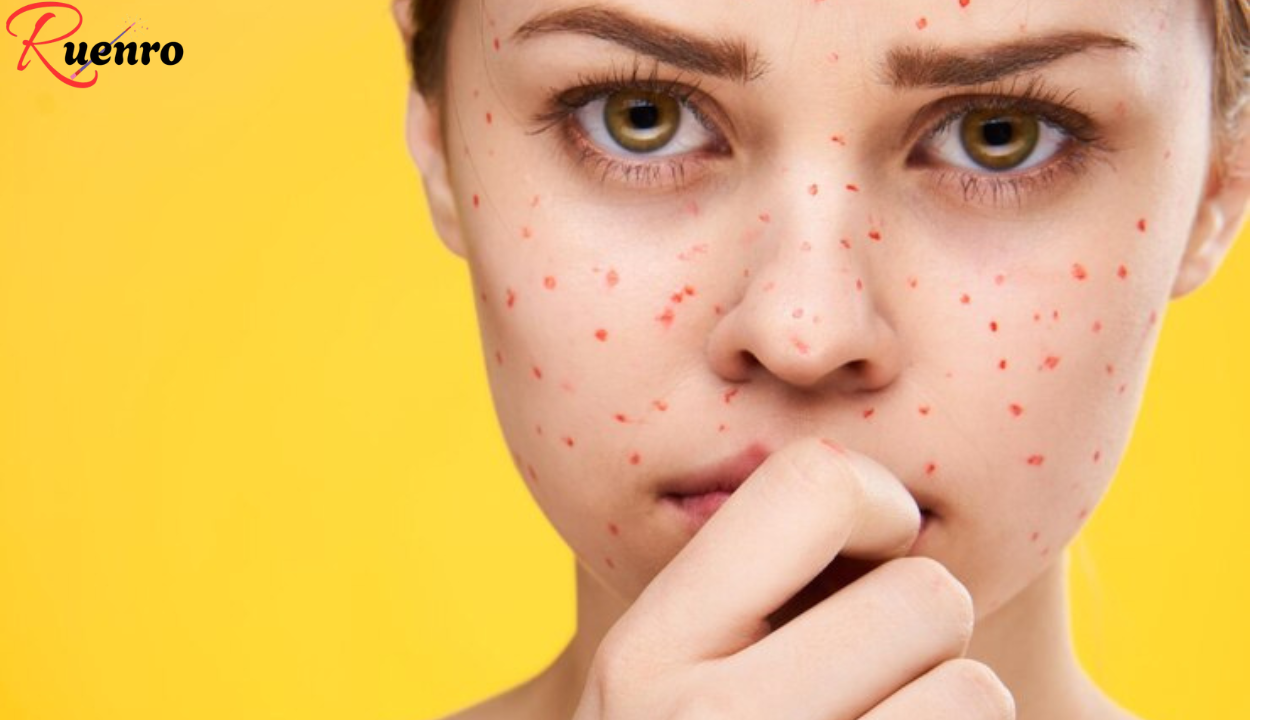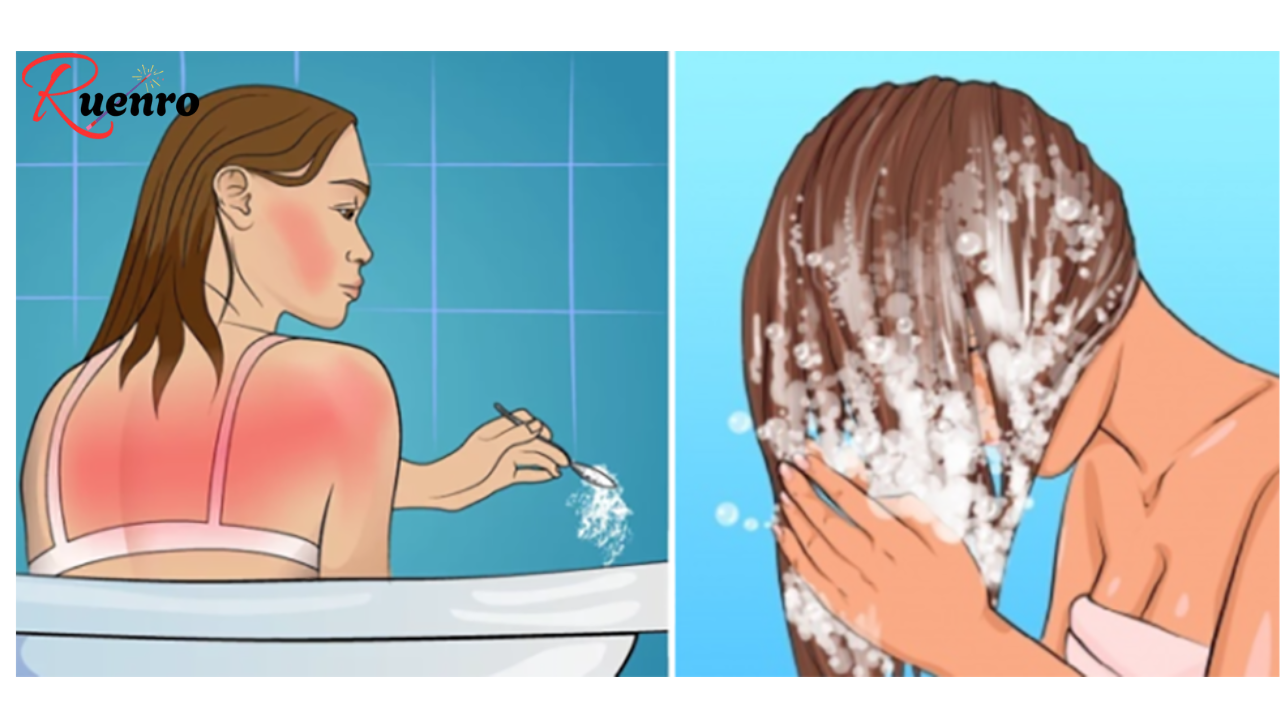They say the eyes are the window to the soul — but did you know they’re also a window to your overall health? Your eyes can reveal early signs of disease, vitamin deficiency, and even organ problems long before other symptoms appear.
From subtle color changes to sudden vision problems, your eyes are constantly sending you messages about what’s happening inside your body. Here are 14 important things your eyes might be trying to tell you — and what you should do about them.
1. Yellow Whites of the Eyes – Possible Liver Problems
If the whites of your eyes (the sclera) turn yellow, it could be a sign of jaundice, which often indicates liver dysfunction.
This yellow tint is caused by a buildup of bilirubin, a waste product from red blood cells that the liver normally filters out.
🩺 Possible causes:
- Hepatitis
- Liver cirrhosis
- Gallstones
- Alcohol abuse
👉 If your eyes look yellow, don’t ignore it — see a doctor right away.
2. Dry, Itchy, or Burning Eyes – Allergies or Dehydration
Constant dryness or irritation could be a sign of allergies, dry eye syndrome, or dehydration. It may also occur due to excessive screen time, aging, or certain medications (like antihistamines or birth control).
💡 Try this:
- Stay hydrated.
- Use artificial tears.
- Limit screen time.
- Avoid smoke and dry air.
If discomfort persists, your doctor may suggest prescription drops or further tests.
3. Bulging Eyes – Thyroid Disease (Graves’ Disease)
Eyes that appear to bulge or protrude from their sockets can signal hyperthyroidism, particularly Graves’ disease, an autoimmune disorder.
Other symptoms include anxiety, hand tremors, and unexplained weight loss.
If your eyes look more prominent than usual or feel constantly “wide open,” it’s time to have your thyroid checked.
4. Blurred Vision – Diabetes or High Blood Sugar
Sudden or recurring blurry vision can be an early warning sign of diabetes. High blood sugar levels cause the lens in your eye to swell, affecting focus.
If left untreated, diabetes can lead to diabetic retinopathy, a serious condition that damages the blood vessels in your eyes and can cause blindness.
👉 Get your blood sugar tested if you experience unexplained vision changes.
5. Red or Bloodshot Eyes – Fatigue or Infection
Bloodshot eyes are often caused by fatigue, lack of sleep, or eye strain. However, they can also signal:
- Conjunctivitis (pink eye)
- Broken blood vessels
- Allergic reactions
💡 What to do:
- Get enough sleep.
- Avoid rubbing your eyes.
- Use cold compresses.
- If redness lasts more than 2–3 days, see a doctor.
6. Dark Circles or Puffy Eyes – Poor Sleep or Kidney Issues
Dark circles are often linked to lack of sleep, stress, or aging, but persistent puffiness under the eyes can sometimes indicate water retention or kidney issues.
To rule out serious causes:
- Reduce salt intake.
- Stay hydrated.
- Get enough rest.
- If swelling occurs suddenly or affects only one eye, seek medical attention.
7. Double Vision – Nerve or Brain Problems
Seeing double (even briefly) could signal an issue with your nerves or brain function. Causes may include:
- Head injury
- Stroke
- Brain tumor
- Nerve damage due to diabetes
This symptom should never be ignored — seek emergency medical help if double vision appears suddenly.
8. Drooping Eyelid – Neurological or Muscle Disorders
A drooping eyelid (known as ptosis) can occur naturally with aging, but it can also indicate:
- Nerve damage
- Stroke
- Myasthenia gravis (a muscle-weakening disease)
If one eyelid suddenly droops and you also have slurred speech or weakness, call emergency services — it could be a stroke.
9. Twitching Eyelids – Stress, Caffeine, or Fatigue
Eye twitches (called myokymia) are usually harmless and caused by:
- Too much caffeine
- Stress or anxiety
- Lack of sleep
- Eye strain
💡 Quick fix:
Get more rest, reduce caffeine, and try warm compresses.
If twitching lasts more than a week or involves both eyes, see an eye specialist.
10. Sudden Loss of Vision – Medical Emergency
If you suddenly lose vision in one or both eyes — even temporarily — it could indicate a retinal detachment, stroke, or blocked artery.
⚠️ This is a medical emergency. Seek immediate help to prevent permanent vision loss.
11. Seeing Floaters or Flashing Lights – Retinal Detachment
Floaters (tiny specks or cobweb-like shapes in your vision) are usually harmless, but if you suddenly see flashes of light or a shower of floaters, it could mean your retina is detaching.
Prompt treatment can prevent blindness, so don’t wait — get an eye exam right away.
12. White Spots on the Cornea – Infection or Vitamin Deficiency
White or grayish spots on your cornea (the clear front part of the eye) can signal:
- An eye infection
- Vitamin A deficiency
- Contact lens irritation
If you notice these spots along with pain or blurred vision, see a doctor immediately. Left untreated, corneal infections can lead to vision loss.
13. Watery Eyes – Allergies or Blocked Tear Ducts
If your eyes constantly tear up, it may be due to allergies, dryness, or a blocked tear duct.
Other possible causes include infection or sensitivity to light or wind.
💧 Try this:
- Use lubricating eye drops.
- Avoid allergens.
- Apply a warm compress to unblock tear ducts.
If watery eyes persist, especially in one eye, consult an eye doctor.
14. Difficulty Seeing at Night – Vitamin A Deficiency or Cataracts
If you find it hard to see while driving at night, your eyes might be lacking vitamin A, which is essential for low-light vision.
Other possible causes include cataracts or retinal problems.
Eat foods rich in vitamin A, like carrots, spinach, and sweet potatoes — and schedule an eye check-up to rule out underlying issues.
👁️ Bonus: What Healthy Eyes Should Look Like
Healthy eyes should have:
- Clear white sclera (no yellowing or redness)
- Smooth eyelids (no lumps or swelling)
- Even pupils that react to light
- No sudden changes in color, texture, or shape
If you notice any changes, don’t ignore them — your eyes may be revealing what your body can’t say out loud.
🌿 How to Keep Your Eyes Healthy
You can protect your vision and overall health by following a few simple habits:
- Eat eye-friendly foods: Include leafy greens, fish rich in omega-3s, carrots, and citrus fruits.
- Stay hydrated: Keeps your eyes moist and prevents irritation.
- Wear sunglasses: Protect your eyes from UV rays, which cause cataracts and macular degeneration.
- Limit screen time: Follow the 20-20-20 rule — every 20 minutes, look 20 feet away for 20 seconds.
- Get regular eye exams: Even if your vision seems fine, routine check-ups can detect early disease.
🧠 Final Thoughts
Your eyes are more than just your vision — they’re powerful indicators of your body’s health. From your liver and thyroid to your heart and brain, subtle eye changes can reveal problems you might otherwise miss.
So, the next time you look in the mirror, pay attention to what your eyes are telling you.
They could be sending you an early warning sign that saves your health — or even your life.




Leave a Comment